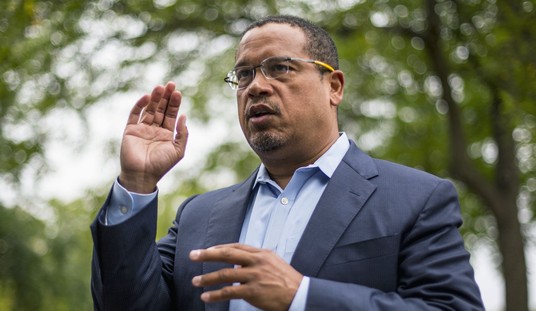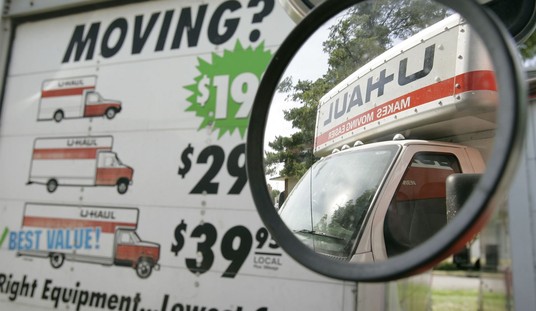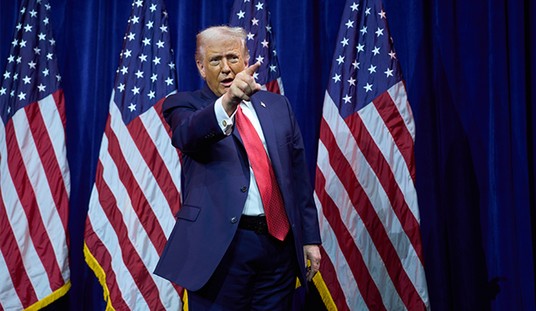You hear it from ObamaCare advocates incessantly, and the point even gets conceded occasionally by ObamaCare opponents: people have a right to health care. When people make that argument, it’s designed to change the debate from one of public policy to a neo-Civil Rights movement. Not surprisingly, the UN has bitten on this canard, too. However, not only is health care not a right in the American tradition, that argument undermines one of the key principles of American liberty, as I explain in my American Issues Project column today:
Rights cannot be confiscatory in a society that respects the individual right to property. That’s why none of the enumerated rights in the Constitution involve confiscation. Americans have the right to free speech, but they do not have the right to demand publication in a newspaper, nor do they have the right to demand that other people listen when they speak. The right to free expression of religion does not involve occupying someone else’s church and using it to your own ends. You have the right to keep and bear arms, but you do not have the right to demand free or publicly financed weaponry. All of those examples involve confiscating someone else’s property or services, whether done through the government or by force individually.
That brings us to the notion of the “right” to health care. As human beings, we want to see people succeed to the point where they can feed, clothe, and care for themselves independently, as that establishes true personal freedom. However, none of us have the right to confiscate the services of a doctor or nurse without their consent, and without their ability to set a price for their time and expertise. We don’t have the right to walk into a grocery story to demand apples when we’re hungry, either, although we should have access to the market without bias when we can properly compensate its owner for the goods.
Arguing that we have a right to health-care goods and services disconnected from our individual ability to provide that compensation takes us down a much different path than that envisioned by the founders. It owes much more to schools of thought where private property rights have little or no meaning, where the individual gets subsumed by the society in which he lives, and where all property belongs to the people as a whole. We have seen massive experimentation with those systems in the 20th century, and they had several points in common: they resulted in a sharp decline in individual liberty, in production, and in standards of living.
This doesn’t mean we can’t build safety-net programs for those who really need assistance. We’re a free people, and we can choose to create those programs through our representative democracy, and there are good arguments in either direction on that issue. However, we need to impose some historical and philosophical reality on the current discussion and get it out of the realm of civil or human rights. It doesn’t belong there, and the argument that it does leads directly to an attack on private property rights and the underpinnings of true and successful liberty.
Be sure to read the entire column, and while you’re there, catch the other great articles and blogs at AIP. Cassy Fiano looks at exorbitant government spending — on itself, John Stossel blasts big-business complicity in ObamaCare, and Jimmy Bise actually likes President Obama’s post-office analogy … but not for the reasons Obama liked it.







Join the conversation as a VIP Member